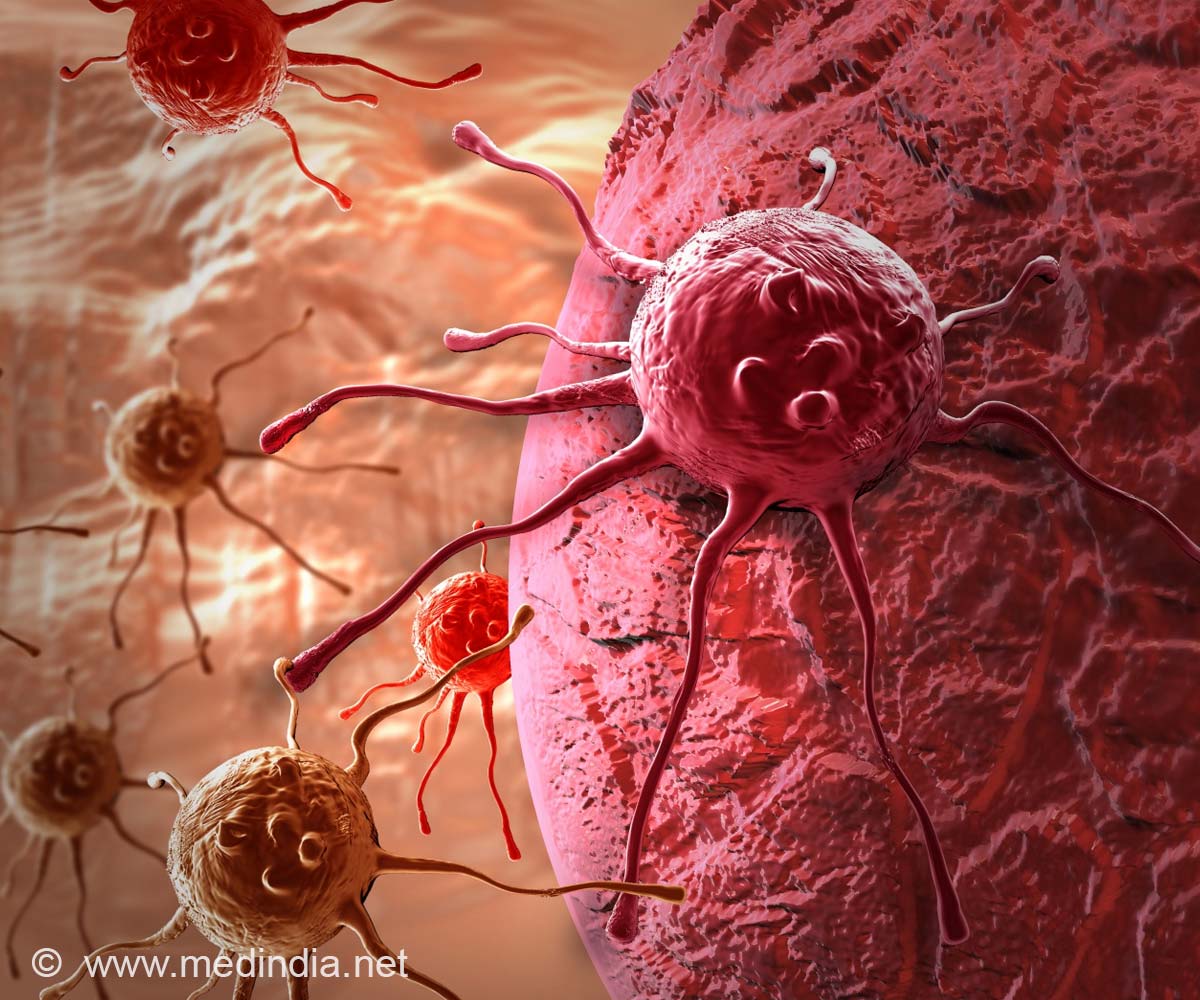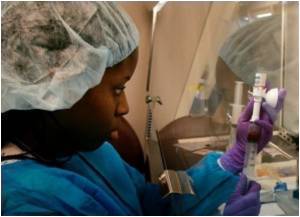Cancer cell sugar is metabolized differently. Cancer cells switch from burning to fermenting sugar, which is driven by cancer-causing mutations.

‘Cancer cells depend on sugar fermentation and glutamine consumption for cell division. Tumor growth can be slowed or stopped by blocking enzymes that are specific to cancer cell metabolism.’





The research done by scientists from the University of Rochester Medical Center is published in Cell Reports.The discovery is the result of a close collaboration between the laboratories of Joshua Munger, Ph.D., associate professor of Biochemistry and Biophysics, and Hucky Land, Ph.D., the Robert and Dorothy Markin Professor and Chair of Biomedical Genetics and director of research at the URMC's Wilmot Cancer Institute.
"Every tissue or cell type in the body has different metabolic needs but as cells become cancerous their metabolism shifts in ways that are very different from normal cells," Munger said. "Being able to identify those differences is critical for developing treatment targets."
It's been known for decades that cancer cells siphon glucose from the bloodstream at alarming rates. But cancer's sugar addiction is only one part of the story, Land explained.
While sugar is the primary source of energy and fuel for biosynthesis of normal cells, in cancer cells sugar is metabolized differently. Cancer cells switch from burning to fermenting sugar, a process that the Land and Munger labs found is driven by cancer-causing mutations. Furthermore, they discovered that in cancer cells, sugar fermentation facilitates the consumption of glutamine, another nutrient source. Glutamine is abundantly available in the bloodstream, and cancer cells take in large amounts of it to support cell division.
Advertisement
Bradley Smith, Ph.D., a scientific staff member in the Land lab, led the laboratory experiments, which were conducted with colon cancer cells. Preclinical data show that by blocking enzymes that are specific to colon cancer cell metabolism, tumor growth is slowed or stopped.
Advertisement
"Is it possible to apply this to other cancers? That's our next question," Munger said. "We're testing how this could be broadly applied in the clinic."
Source-Eurekalert














